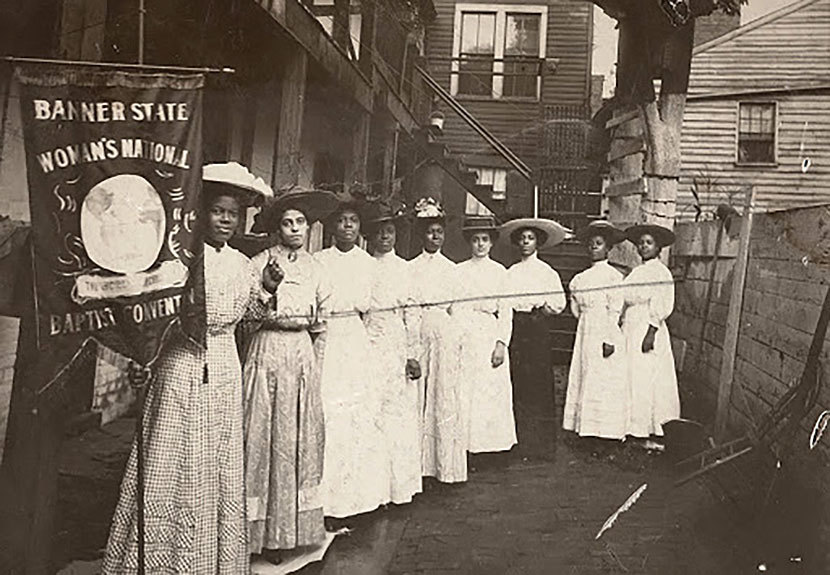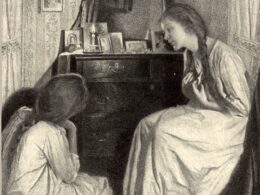Fannie Barrier Williams (1855–1944)
From American Women’s Suffrage: Voices from the Long Struggle for the Vote 1776–1965

After a prominent and widely praised role among the organizers of the 1893 World’s Fair, Fannie Barrier Williams was nominated for membership in the all-white Chicago Women’s Club by its president and other leaders in the organization. Although they “expected the nomination to be routinely accepted,” writes Mary Jo Deegan in a biographical essay, “they had seriously underestimated the racist attitude of other white women in Chicago.” The protracted battle lasted more than a year and dominated local news headlines, but Williams was ultimately admitted to the club. The impression she made during the following years must have been favorable, because in 1901 the organization voted 175 to 63 that Black women should be allowed to join. (Actual admissions of other women of color, it should be noted, proceeded at a somewhat glacial pace.)
Amid this imbroglio, Williams delivered one of her more notable speeches, “Women in Politics.” Although the Nineteenth Amendment was a quarter century in the future, she regarded universal suffrage as all but inevitable. In the meantime, she urged African American women to participate in community and activist organizations not merely as voters but rather as participants running for office themselves. “We ought not to put ourselves in the humiliating position of being loved only for the votes we have.”
For our Story of the Week selection, we present Williams’s speech, along with a brief introduction summarizing her pivotal role in the suffrage and civil rights movements.



